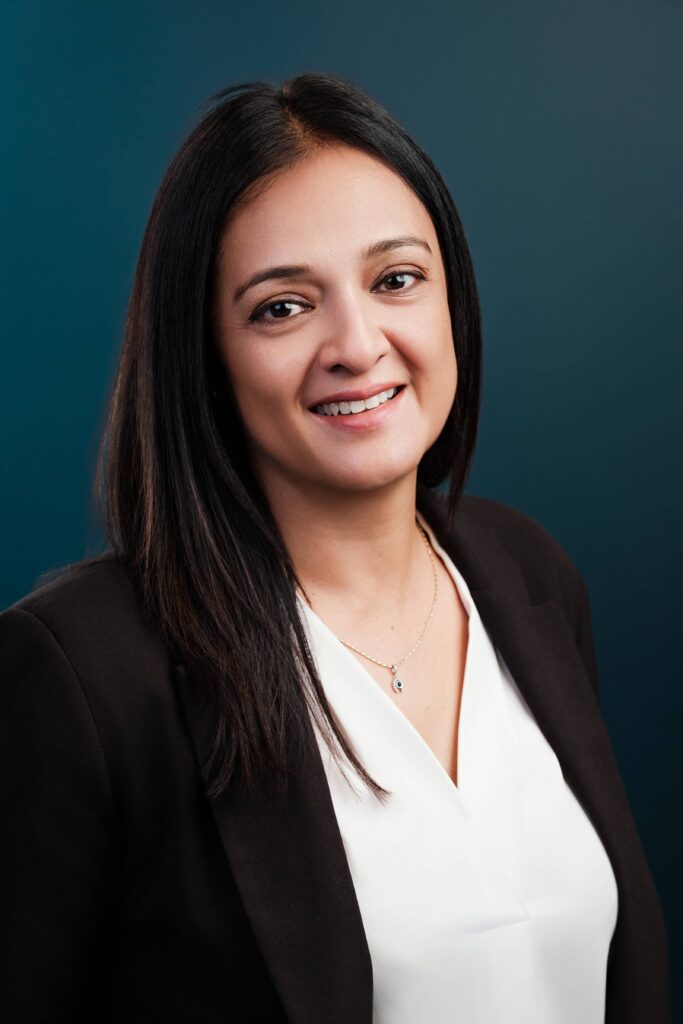Prisha Bhoola – MD, Firedart Engineering Underwriting Managers

South Africa’s engineering insurance sector is undergoing a quiet transformation. Once driven primarily by large civil works, heavy machinery, and greenfield developments, the market is now increasingly shaped by energy transition projects, brownfield refurbishments, and hybrid infrastructure developments that mix local expertise with global technology. These shifts bring with them new forms of risk—and new responsibilities for insurers, brokers, and technical stakeholders alike.
A significant driver of this change is the growing momentum behind renewable energy. The rapid deployment of solar photovoltaic (PV) plants, battery energy storage systems (BESS), and embedded generation across industrial and commercial sectors has redefined the engineering project landscape. While this presents substantial opportunity, it also challenges traditional underwriting models, which were developed around longer construction timelines, centralised project control, and well-established technologies.
Engineering insurers now face an increasingly modular, fast-moving, and decentralised risk environment. In many cases, projects are managed by smaller EPC contractors or partnerships with limited track records, often working under tight deadlines and in remote locations. Equipment is sometimes sourced internationally with varying quality standards, and the pace of innovation means that policies must be written for technologies that have only recently been commercialised.
This evolving context has created a growing need for technical underwriting expertise—underwriters who understand the construction methodology, the performance metrics of emerging technologies, and the interdependence between construction and operational risks. The old model of treating engineering insurance as a bolt-on to property or liability portfolios no longer holds. Technical depth is not a luxury; it’s a requirement.
Beyond underwriting, claims handling in this sector requires a similarly evolved approach. Engineering claims can be highly technical, with cause-and-effect chains that are not immediately apparent. A transformer failure, for instance, may be traced back to sub-spec installation practices, procurement flaws, or even project financing delays that affected storage conditions. Claims handlers must collaborate closely with loss adjusters, engineers, and clients to untangle these issues quickly and fairly. In this space, knowledge is as important as process.
One of the less discussed but highly impactful trends is the need for ongoing education. Brokers operating in the engineering space are often expected to interpret and explain complex cover structures to clients—sometimes with limited support or formal training. As projects become more sophisticated, the gap between technical risk and market understanding can widen. Industry stakeholders should prioritise collaborative training efforts that bring brokers, insurers, and service providers into the same room, not just to exchange product knowledge but to workshop real-world scenarios.
Crucially, engineering insurance must also reflect the broader South African context. Ageing infrastructure, skills shortages, and erratic energy supply all contribute to the volatility of project outcomes. The risks are not only technical—they are systemic. This calls for underwriters to be grounded not only in engineering but also in economics, regulation, and project finance. Local relevance is as important as global insight.
Ultimately, the future of engineering insurance in South Africa hinges on adaptability. The pace of change—whether in energy, urban development, or infrastructure regeneration—demands nimble thinking, deep expertise, and a willingness to move beyond the transactional.
For those willing to embrace complexity, engineering insurance remains one of the most intellectually rewarding and impactful segments of the industry.
Editor’s note
In this sharp and timely piece, Prisha Bhoola unpacks the quiet but profound transformation underway in South Africa’s engineering insurance landscape. As the built environment evolves, shaped by renewable energy, hybrid infrastructure, and decentralised projects, the sector is being called to think differently. From underwriting to claims handling, technical insight is no longer optional. It’s clear, success in this space requires adaptability, cross-disciplinary expertise, and a commitment to continuous learning. For brokers and insurers alike, now is the moment to step up and shape the future of risk in our built environment.
As engineering risks become more complex and decentralised, are we investing enough in the technical training and collaboration needed to manage them effectively?


